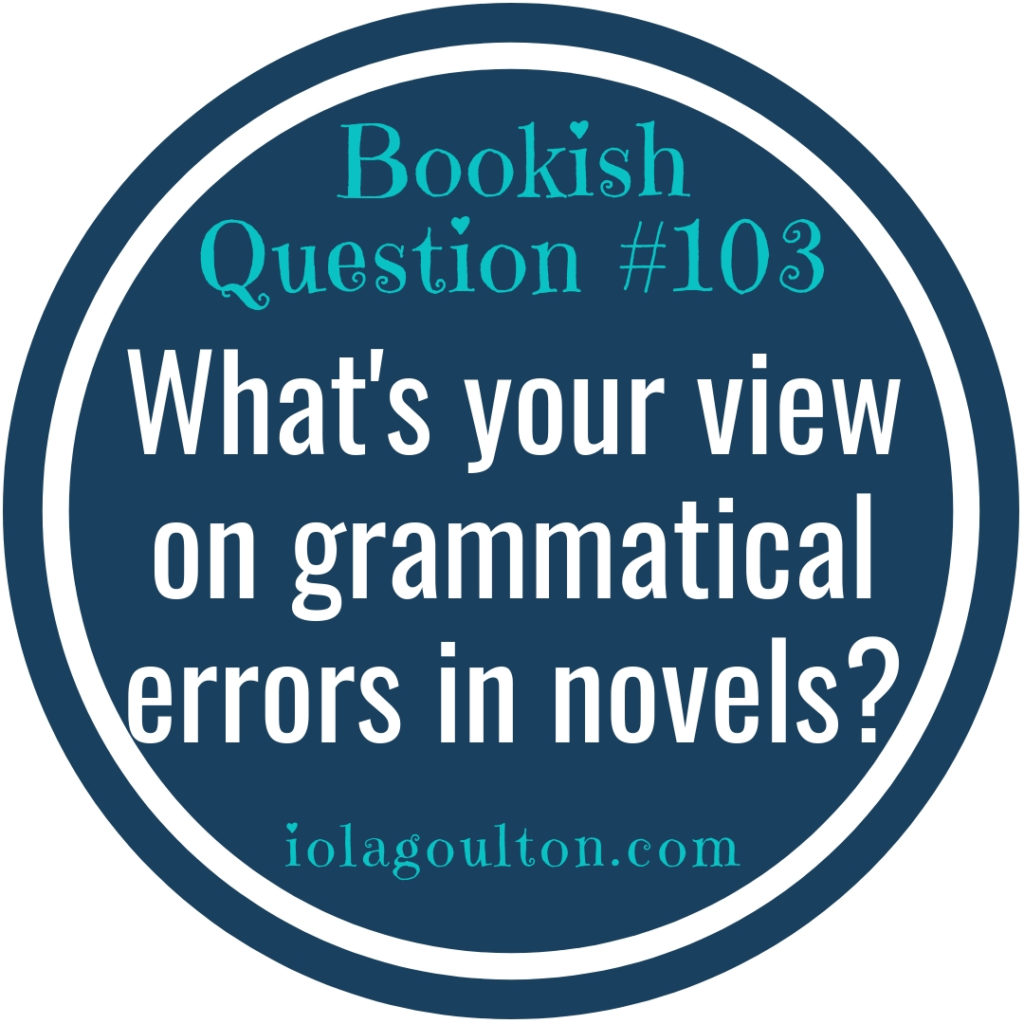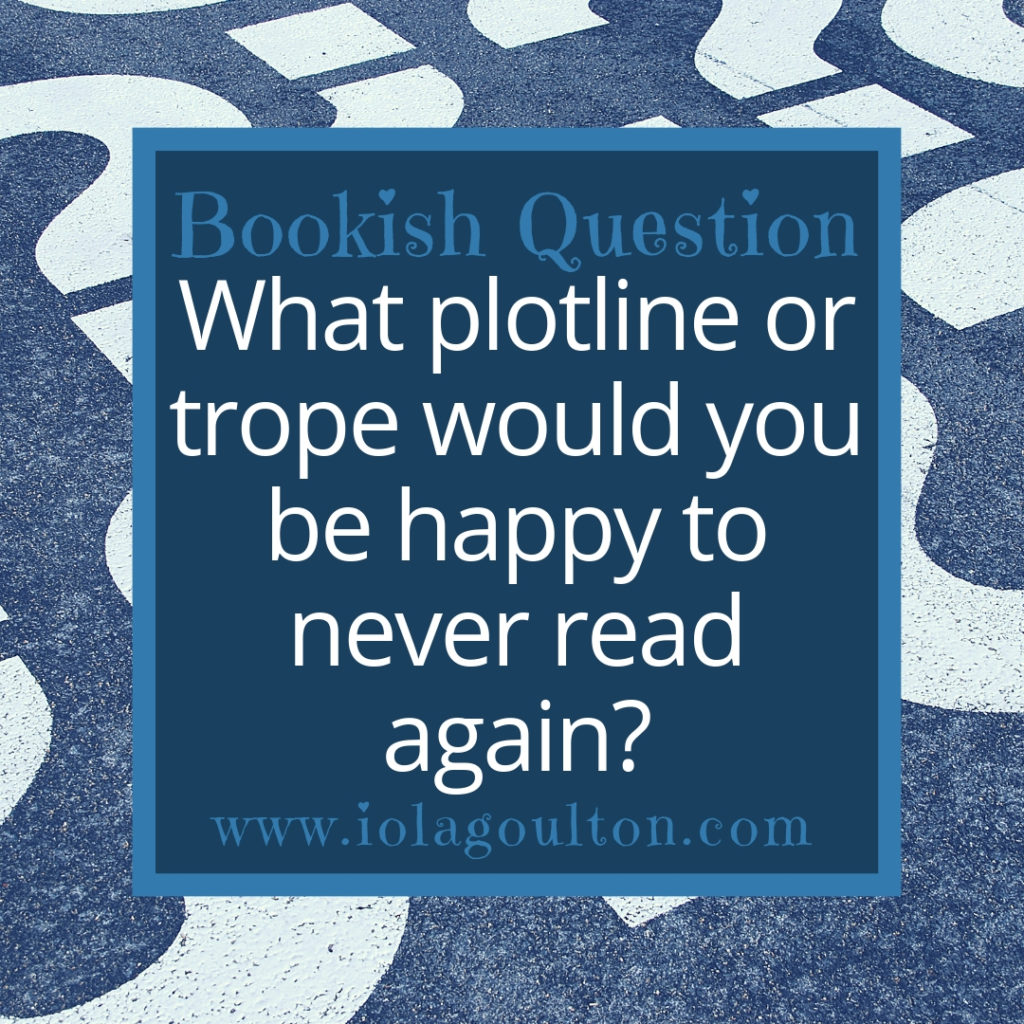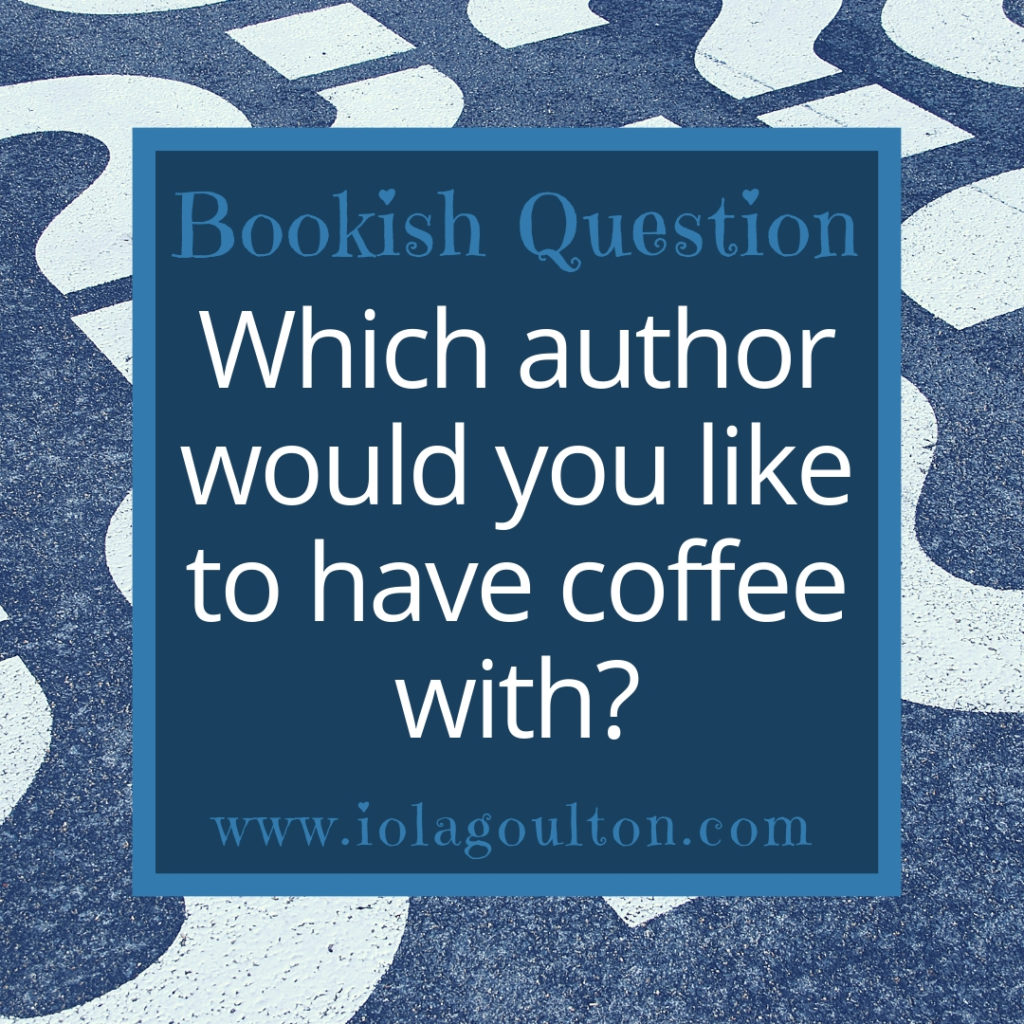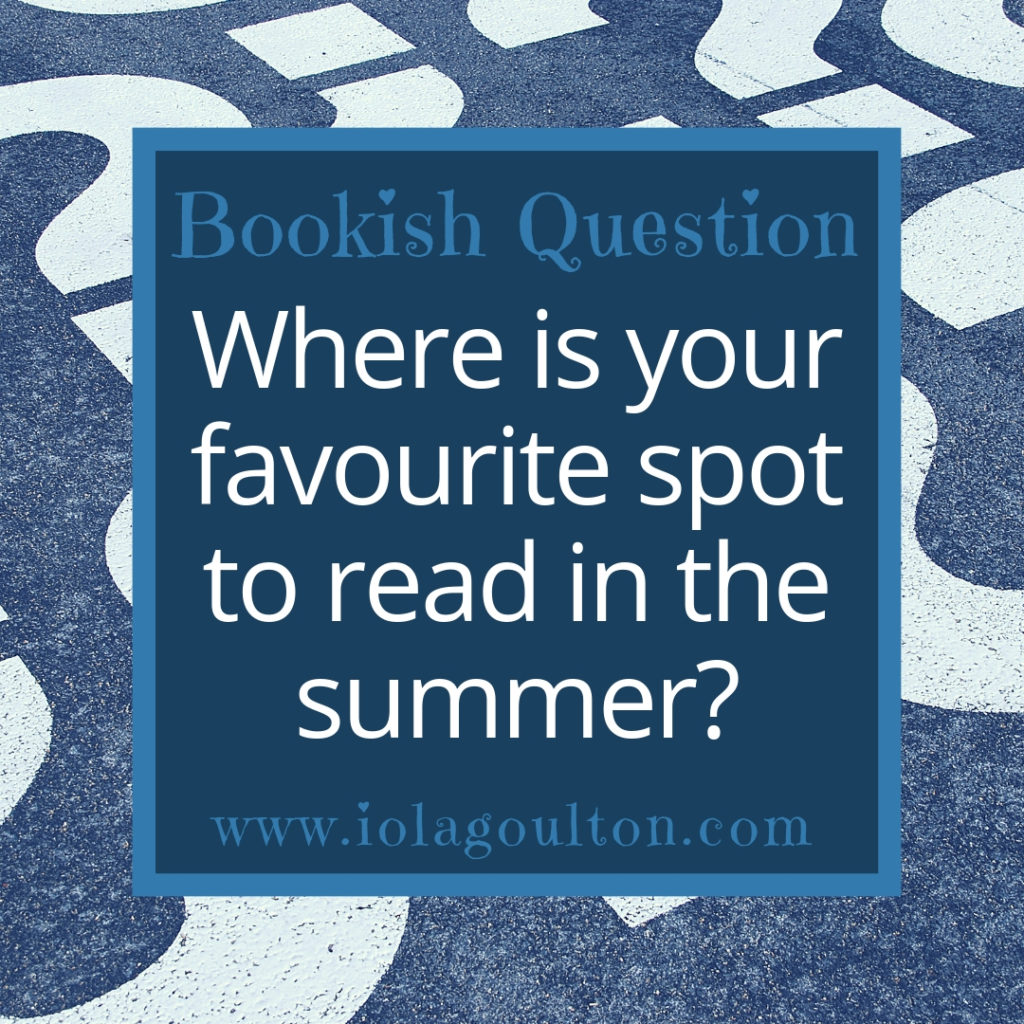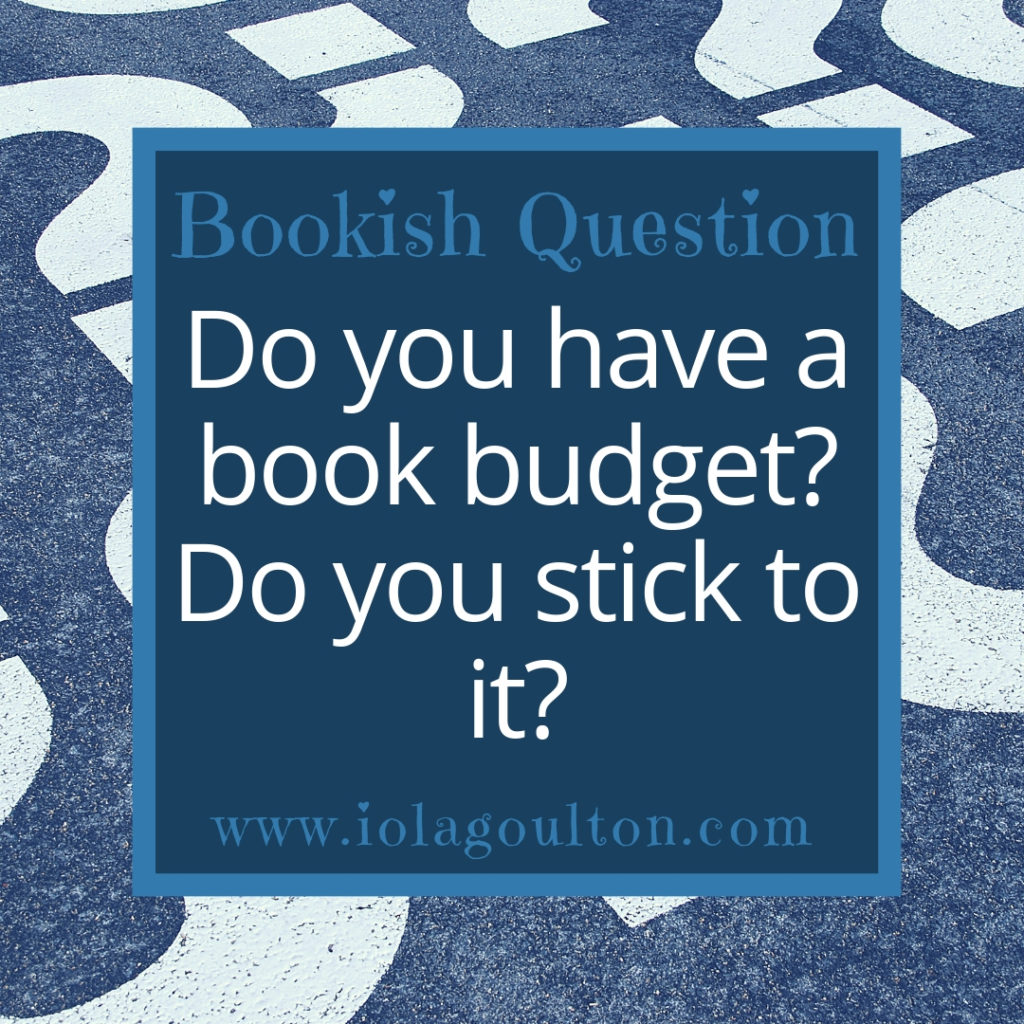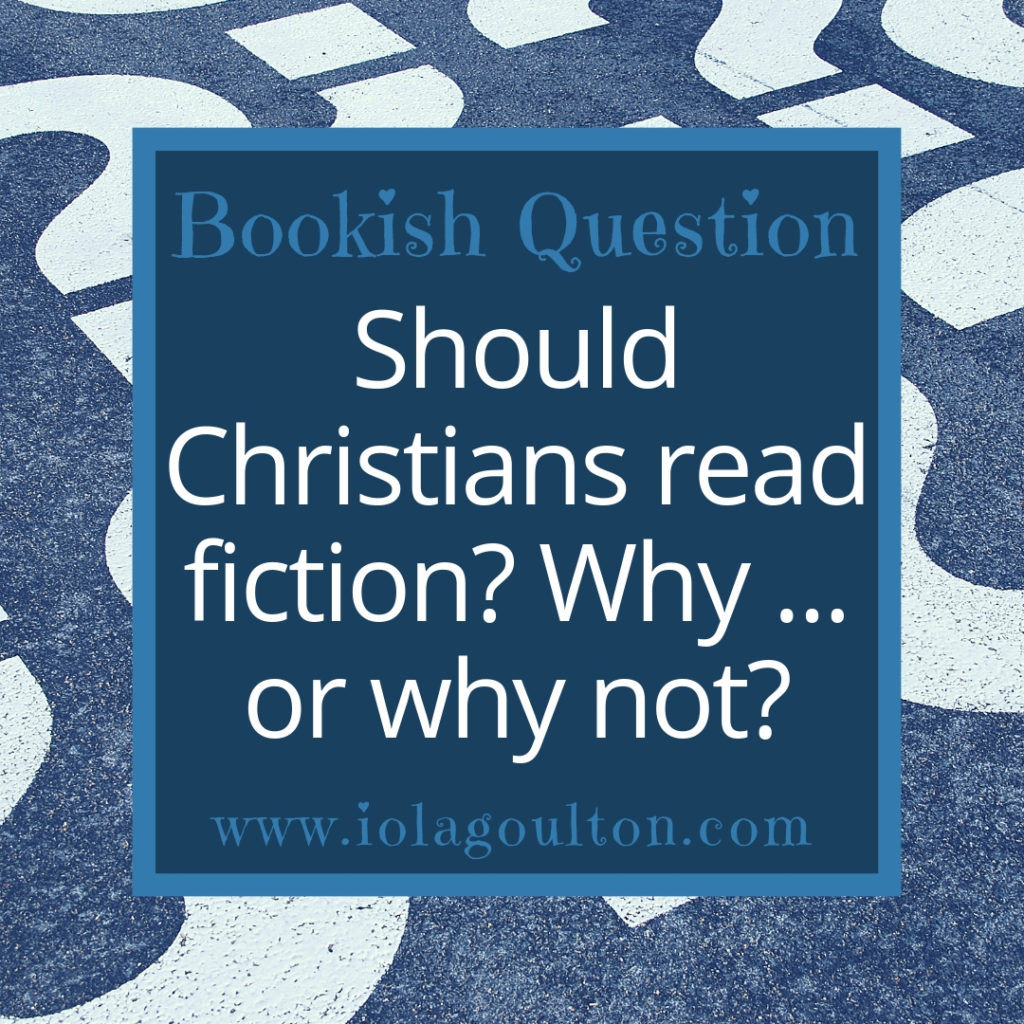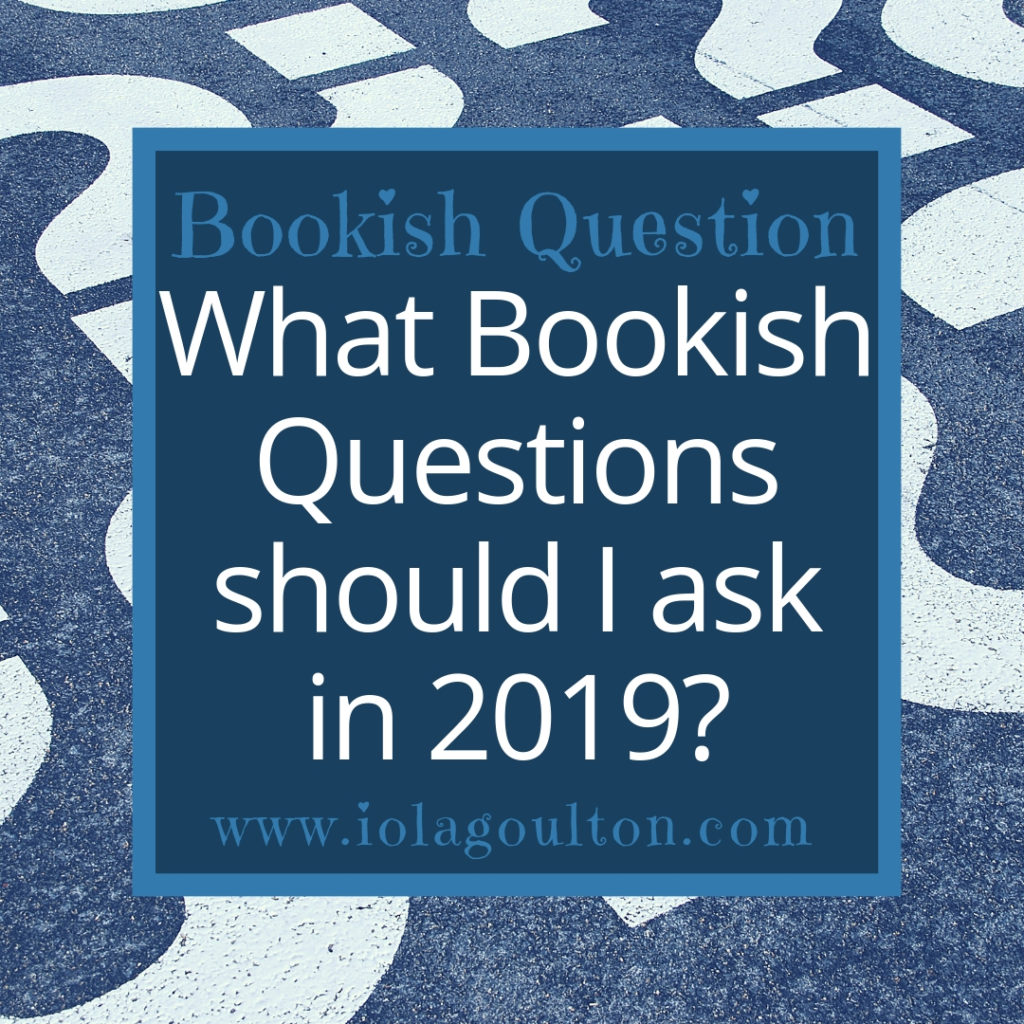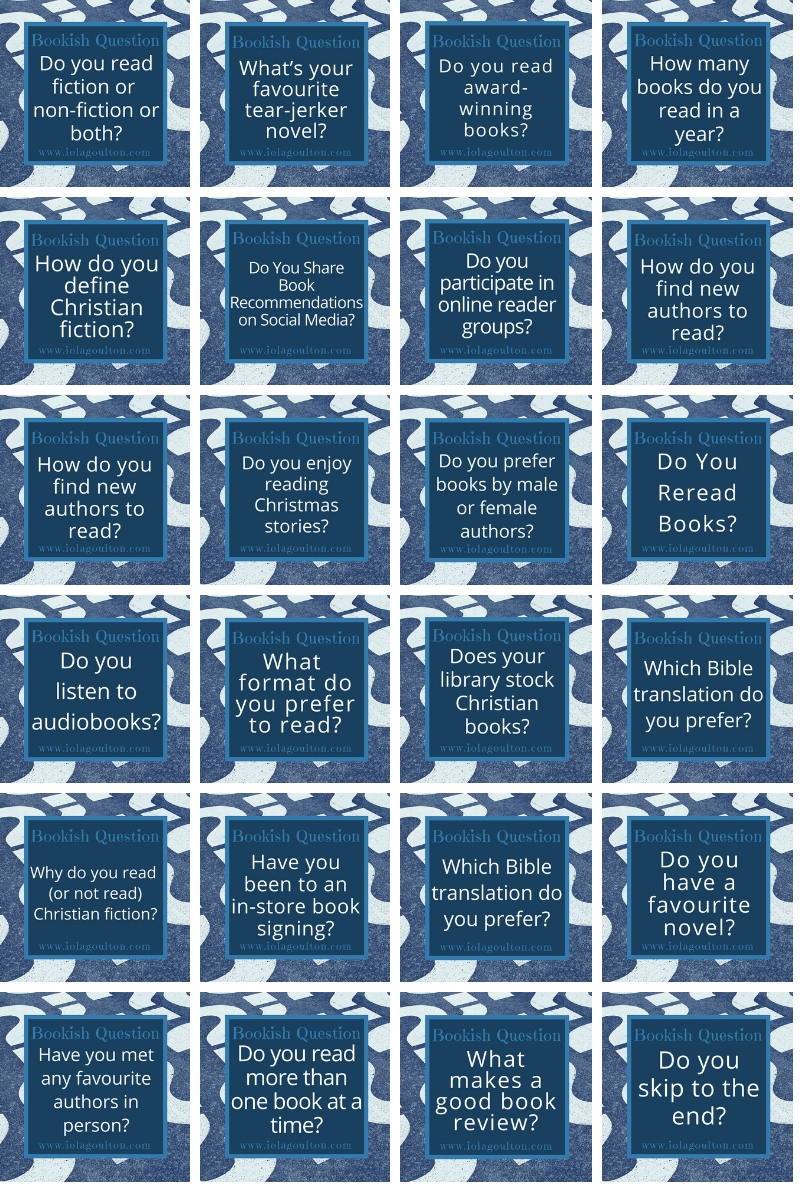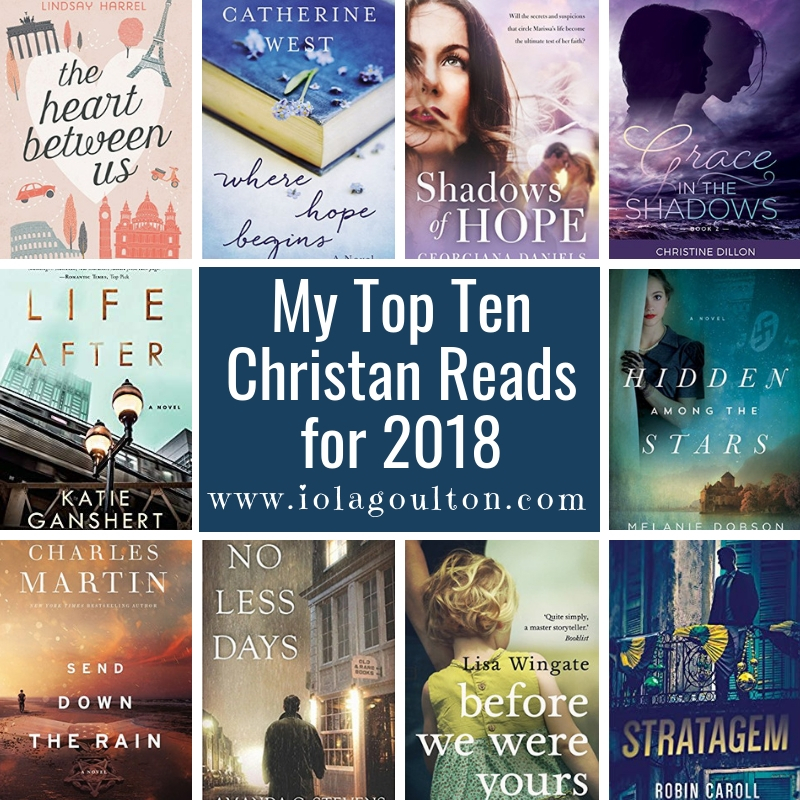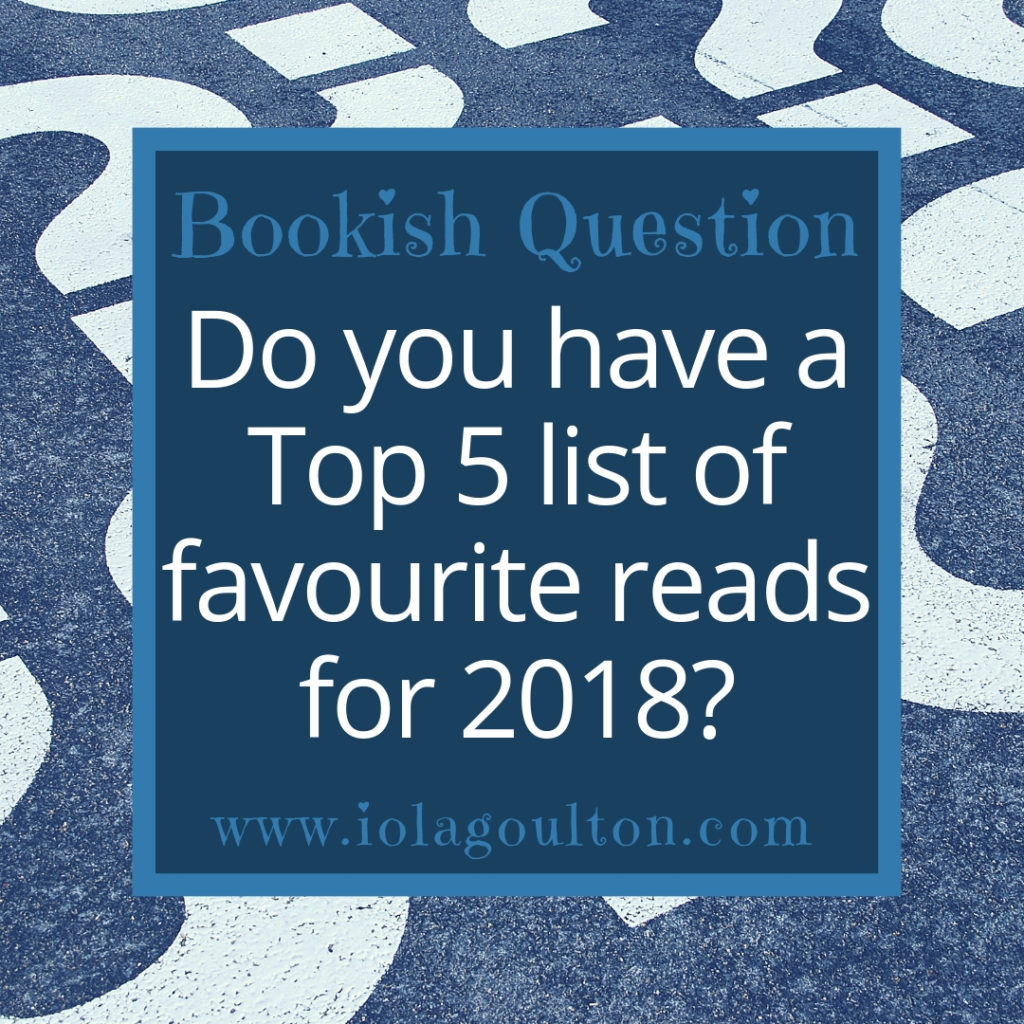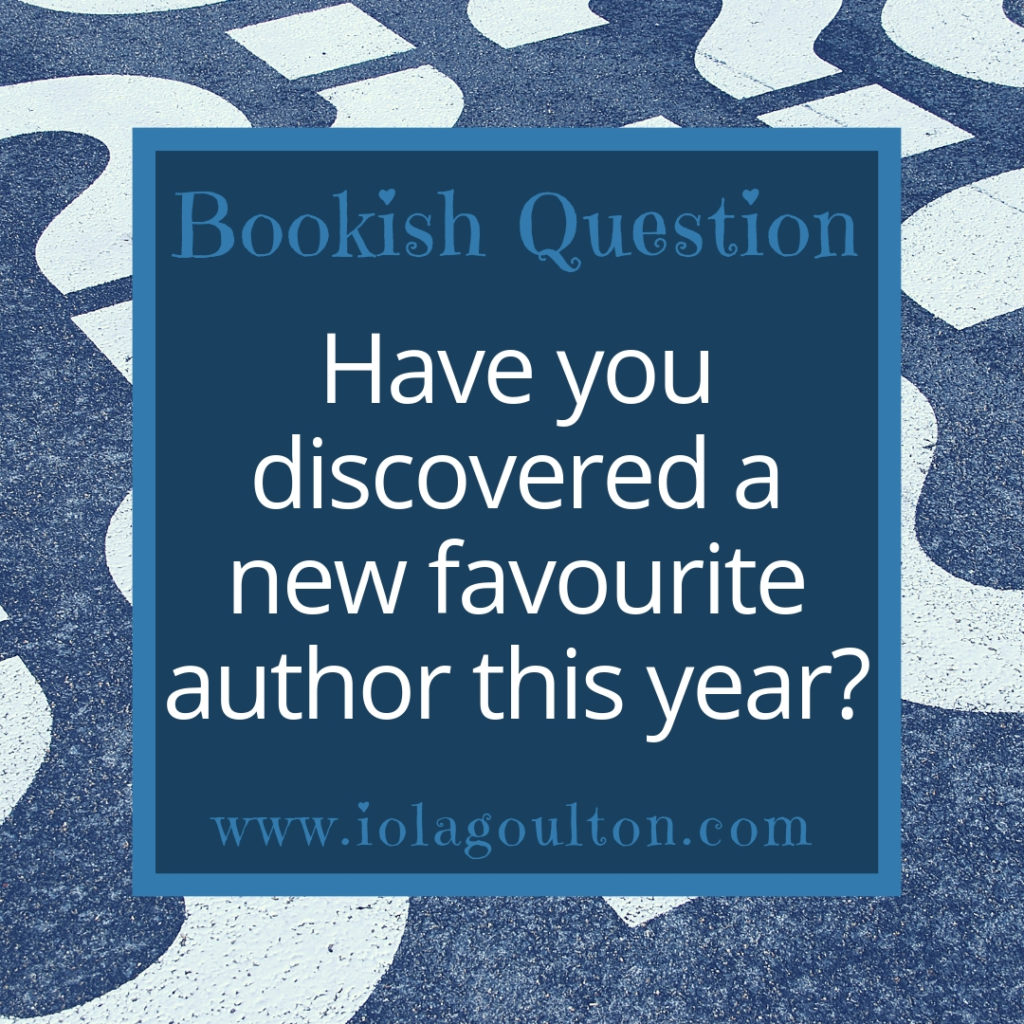I’m a freelance fiction editor, which means I spent hours each day hunting through my client’s manuscripts and correcting errors. That can make it hard to switch off and not notice errors when I read for pleasure.
But there are different kinds of errors.
I’m not bothered if an author uses US spelling or grammar vs. British English. I do get annoyed if they don’t seem to be consistent.
I can forgive the odd who/whom error—it’s something even editors look up.
It annoys me if an author doesn’t use the Oxford comma, but that’s not necessarily an error. It’s merely a difference of opinion.
I’m usually not bothered by errors in the books I review.
Usually. This is because I’m often reviewing ARCs. ARCs are advance review copies, which are sent out before the final proofreading is completed. If I find errors in these books, I assume it will be found and corrected before it goes to print. (I’m less forgiving if the author or publisher makes a point of saying they’ve sent me the final version.)
I’m also used to seeing a lot of formatting errors in the review copies.
That’s because my review copies are electronic. The publisher uploads a pdf file to NetGalley, and that’s automatically converted to a mobi file which NetGalley email to my Kindle. The automatic conversion process often introduces errors, like missing line or page breaks.
What I find more difficult are the errors which take me out of the story.
For example, I was recently reading a story where the spelling of one character’s name changed several times (e.g. Smith to Smyth and back to Smith). That confused me to the point I actually found myself flicking back through the book to find whether Smyth was a new character or not (he was not). That’s annoying, but it’s just a proofreading error. They happen.
Other times I’ll get distracted by the errors because the characters and story haven’t engaged me.
Those are the most annoying—when I start picking up on minor errors because that’s more interesting than reading what is happening to the characters. That’s often the sign of a story that’s been written and published too quickly, a story that hasn’t gone through enough critiquing and beta reading and editing.
These are the stories that end up on my did-not-finish pile. I’d persevere if the story was good (although I’d probably still mention the errors if I reviewed the book).

